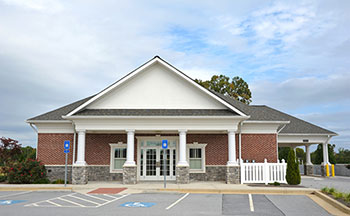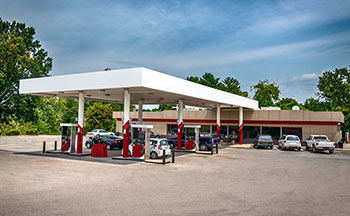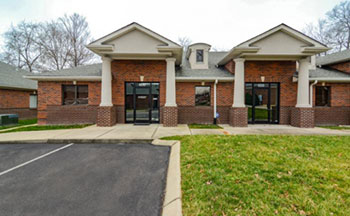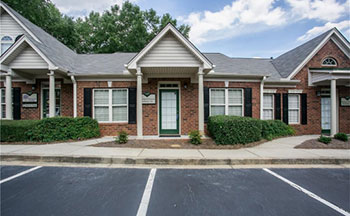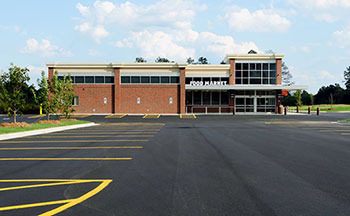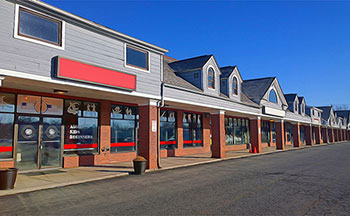Commercial Property Appraisal
Of all real estate, Commercial properties tend to be the most complex properties to appraise. Commercial appraisers are required to have a General Appraisal Certification and many have further credentials in the form of appraisal designations. The Income Approach to value is typically used. It requires the development of an income stream, and in many cases, long term leases must be considered.
The interest appraised may be Fee Simple, Leasehold or Leased Fee, depending upon whether the property is leased and the use to which the appraisal is being made. Highest and Best Use determinations are sometimes at issue and may challenge the inexperienced appraiser.
Other factors which can materially affect the value of Commercial property typically include zoning, excess land, parking, deferred maintenance, vacancies, location and local economic conditions.
ELLIOTT® has a staff of highly qualified and experienced client service representatives, appraisers and appraisal reviewers who understand the nuances of commercial properties. We offer commercial appraisal service in all 50 of the United States, as well as foreign countries. Our experience includes the appraisal of simple properties to the most complex. A significant portion of our Commercial appraisal business involves mortgage lending. We also regularly perform litigation support services in connection with commercial properties involving disputes, eminent domain and title insurance.
Bank appraisals and valuation of bank buildings is a complex process which considers drive through windows, visibility, location, and whether free standing or part of a corporate office structure.
Read MoreConvenience store or C Store appraisals and valuation can consider real estate only, going concern for the business and FF&E, and can include fuel distributors, restaurant chains, and truck stops.
Read MoreDrug store appraisals and pharmacy appraisal and valuation will include consideration of ground leases, location and brands such as Walgreens and CVS.
Read MoreMixed use development appraisal and valuation of todays suburban mixed use property can consider redevelopment of old historical buildings or a newer planned copmmunity project that will include a mix of retail, residential, office or hospitality properties.
Read MoreOffice complex appraisals and valuation requires a wide ranging knowledge of various office space, buildings, and properties from Class A, Class B, or Class C.
Read MoreOffice condo appraisals and office condominium valuation will consider location, size, quality of upfit, number of units in multiunit buildings, and association dues and amenities.
Read MoreOffice tower appraisal and valuation can be single tenant or multiple tenants and will consider many factors including office rents, varying leases, and spaces utilizing the income approach to value.
Read MoreRegional mall appraisal and shopping mall valuation have become a bit more complex in recent years as the effective age, occupancy rate, and common area maintenance, become more of an issue and the need for redevelopment rises.
Read MoreRestaurant appraisals and valuation have changed with the market over the last two decades as restaurant properties have evolved and changed to consider franchises, drive thru windows, location, delivery operations and change in proeprty values.
Read MoreSingle unit office appraisals and single tenant building valuation can be tricky because many are owner occupied and leases normally used to draw income stream conclusions can be scarce.
Read MoreSingle unit retail appraisal and valuation of single unit retail buildings consider many factors including site value, value of improvements, available parking, and traffic flow.
Read MoreStrip mall appraisal and shopping center appraisals will consider anchor tenant, outparcels available, long term leases, and other variables in determining value.
Read More
